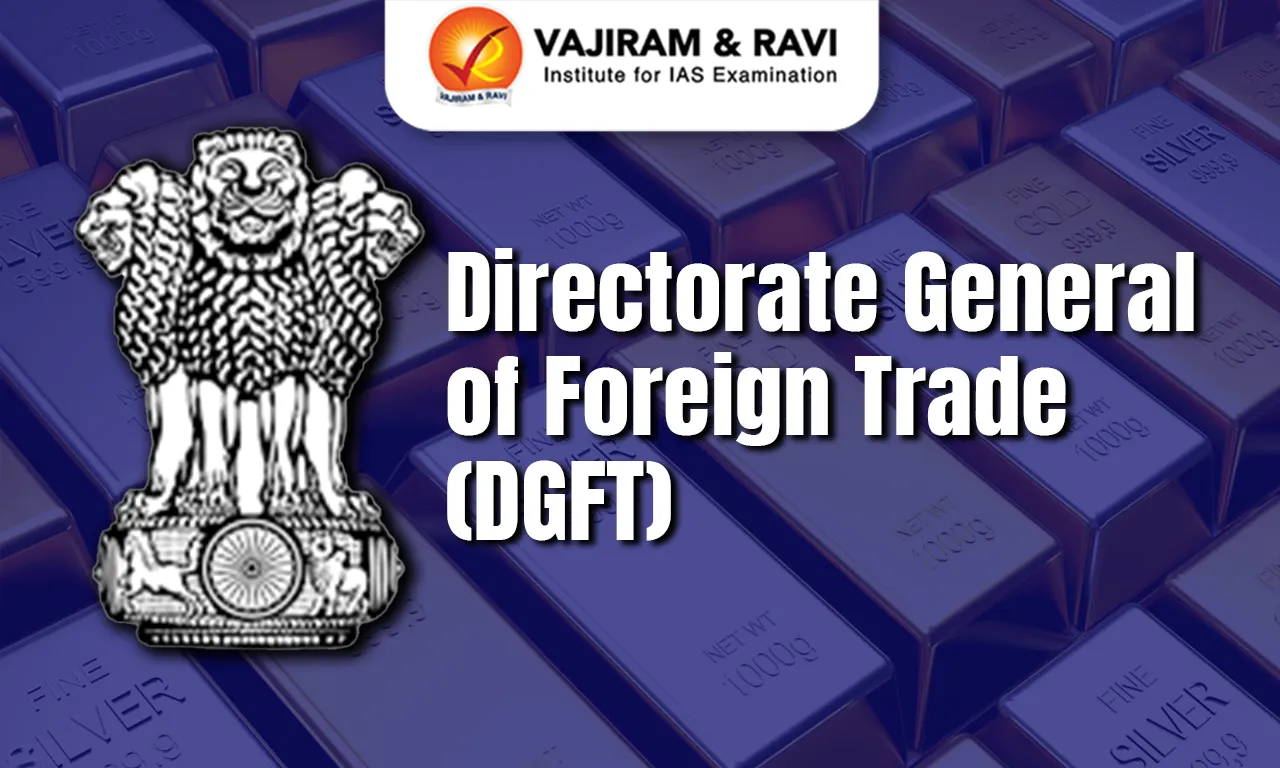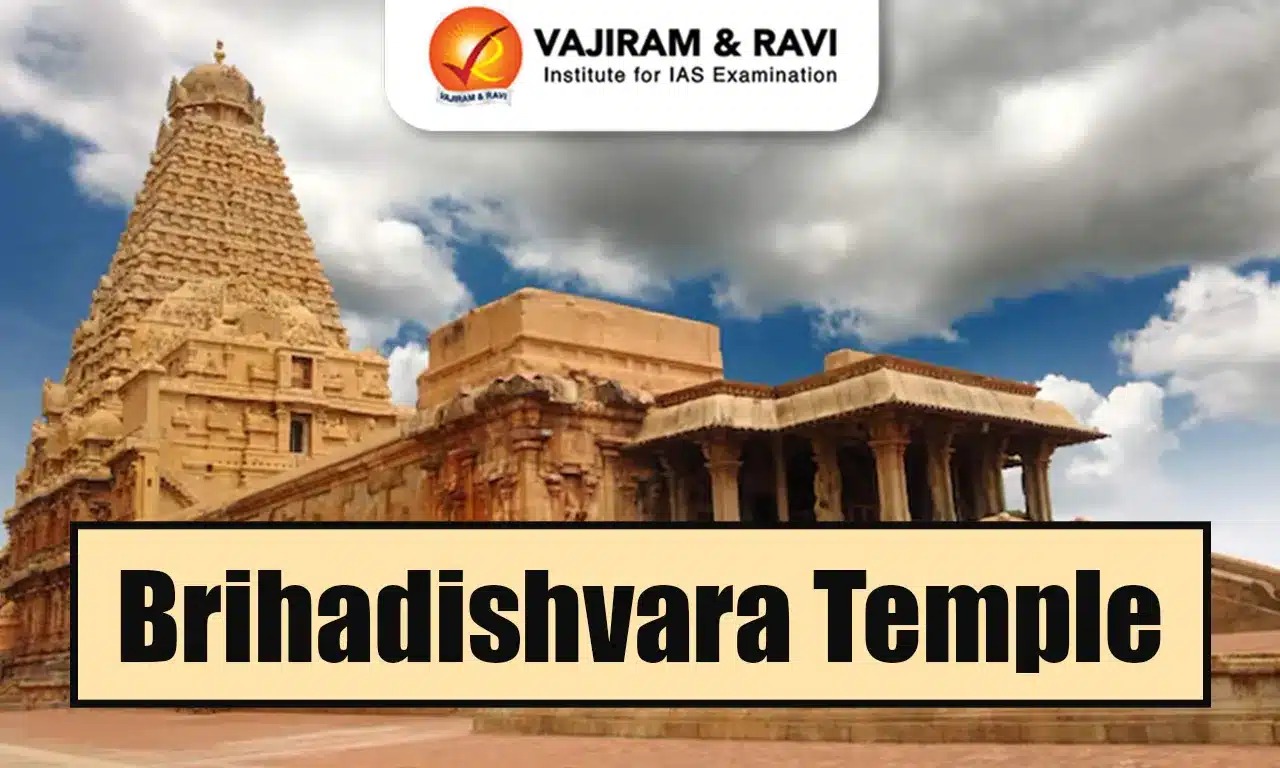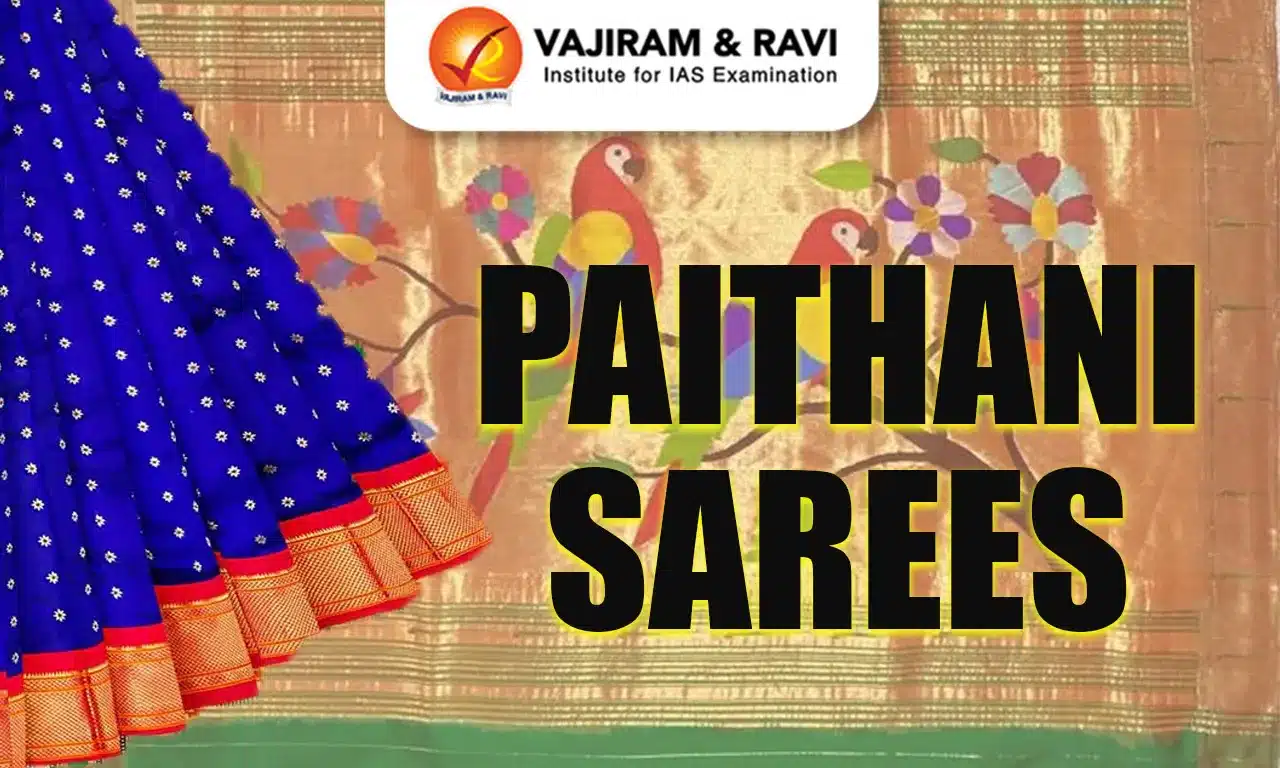Directorate General of Foreign Trade (DGFT) Latest News
The Government of India has updated its import policy for gold and silver to align customs tariffs with trade regulations, as notified by the Directorate General of Foreign Trade (DGFT).
About Directorate General of Foreign Trade (DGFT)
- The Directorate General of Foreign Trade (DGFT) is an attached office of the Ministry of Commerce and Industry.
- It is responsible for the formulation and implementation of India’s Foreign Trade Policy (FTP).
- Headquartered in New Delhi, it operates through a network of 24 regional offices.
- Before 1991, DGFT was known as the Chief Controller of Imports & Exports (CCI&E).
- Post-liberalisation, it was restructured as DGFT to act as a trade facilitator.
Key Functions of DGFT
- Implements India’s Foreign Trade Policy (Exim Policy) by issuing various schemes, licenses, and notifications.
- Issues the Importer Exporter Code (IEC)—a 10-digit unique code mandatory for all Indian importers and exporters.
- Regulates transit of goods across Indian borders as per bilateral treaties.
- Grants permissions for free export items listed in Schedule 2 of the export policy.
- Sets standard input-output norms to define the quantity of inputs allowed for the export of a specified quantity of output.
- Facilitates regional trade promotion, especially with neighbouring countries.
Directorate General of Foreign Trade (DGFT) FAQs
Q1: What is the Directorate General of Foreign Trade (DGFT)?
Ans: The DGFT is an attached office under the Ministry of Commerce and Industry responsible for formulating and implementing India’s Foreign Trade Policy (FTP).
Q2: What are the main functions of DGFT?
Ans: It handles export and import licensing, promotion of exports, trade facilitation, and implementation of export promotion schemes.
Source: TH
Beta feature
Last updated on July, 2025
→ UPSC Notification 2025 was released on 22nd January 2025.
→ UPSC Prelims Result 2025 is out now for the CSE held on 25 May 2025.
→ UPSC Prelims Question Paper 2025 and Unofficial Prelims Answer Key 2025 are available now.
→ UPSC Calendar 2026 is released on 15th May, 2025.
→ The UPSC Vacancy 2025 were released 1129, out of which 979 were for UPSC CSE and remaining 150 are for UPSC IFoS.
→ UPSC Mains 2025 will be conducted on 22nd August 2025.
→ UPSC Prelims 2026 will be conducted on 24th May, 2026 & UPSC Mains 2026 will be conducted on 21st August 2026.
→ The UPSC Selection Process is of 3 stages-Prelims, Mains and Interview.
→ UPSC Result 2024 is released with latest UPSC Marksheet 2024. Check Now!
→ UPSC Toppers List 2024 is released now. Shakti Dubey is UPSC AIR 1 2024 Topper.
→ Also check Best IAS Coaching in Delhi
Tags: Directorate General of Foreign Trade Prelims Pointers upsc prelims current affairs















